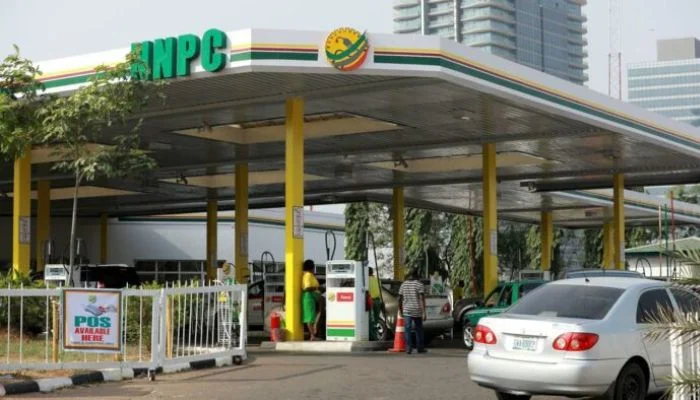The Nigerian National Petroleum Company (NNPC) Limited has introduced a significant increase in petrol prices, setting new rates at N992 per litre in Lagos and N955 per litre in Abuja.
This adjustment, effective immediately, marks a sharp rise from previous prices and has sparked concerns about its impact on the cost of living and transportation across Nigeria.
New Prices Across Retail Stations
The updated prices are now in effect at several NNPC retail outlets in both cities. In Lagos, the price at the Ago Palace filling station has climbed to N992 per litre, a N127 increase from the earlier rate of N865 per litre.
In Abuja, NNPC stations, including those at Federal Housing Authority in Kubwa and along Komolafe Road in Lugbe, now sell petrol at N955 per litre, reflecting a N65 hike from the previous N890 per litre.
These changes have been observed across multiple locations, signaling a widespread implementation of the new pricing structure.
Reversal of Recent Price Reduction
This price surge reverses a reduction implemented on August 15, when NNPC lowered petrol costs to N865 per litre in Lagos and N890 per litre in Abuja.
That move had offered temporary relief to consumers grappling with economic challenges.
However, the latest increase indicates a shift in market conditions, though NNPC has not yet provided an official statement to clarify the reasons behind the adjustment.
The absence of a formal explanation has left many Nigerians speculating about the factors driving the hike, such as global oil prices or domestic supply constraints.
Economic Implications for Nigerians
The petrol price increase is expected to have far-reaching effects on households and businesses.
Fuel is a critical driver of Nigeria’s economy, influencing transportation costs, food prices, and the cost of goods and services.
In Lagos, a major commercial hub, the N127 per litre increase could strain commuters and small business owners who rely on affordable fuel for daily operations.
Similarly, in Abuja, the N65 per litre hike may impact residents’ budgets, particularly for those dependent on private vehicles or generators due to inconsistent electricity supply.
Public Reaction and Future Outlook
As news of the price hike spreads, many Nigerians are expressing frustration over the rising cost of living.
Social media platforms and local discussions reflect growing concerns about affordability and the need for transparency from NNPC.
Without an official statement, questions linger about whether this adjustment is temporary or part of a broader pricing strategy.
Consumers and analysts alike are watching closely for any updates from NNPC or the federal government regarding measures to cushion the impact on citizens.
The petrol price increase underscores the challenges of balancing economic realities with public welfare in Nigeria.
As the nation navigates these changes, the focus remains on NNPC to provide clarity and address the concerns of millions affected by the new rates.
READ ALSO: Uma Ukpai Passing: Nigeria Mourns Renowned Cleric
Cape Verde World Cup Qualification Secured with 3-0 Win




















